Debate over civilian service continues
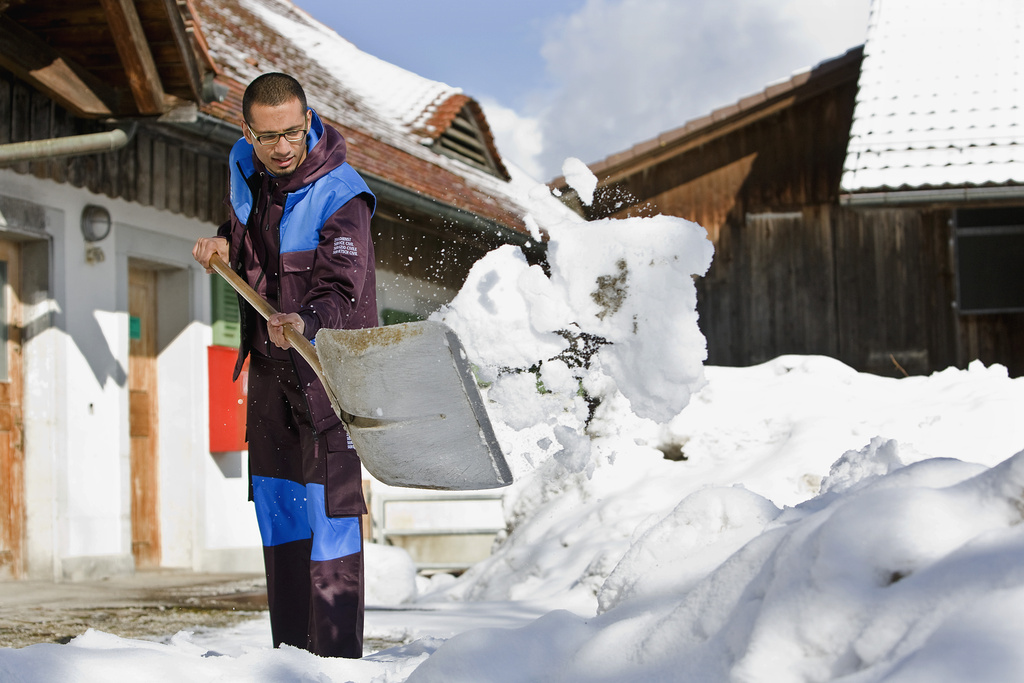
Civilian service provides an alternative to the militia army in Switzerland – and has always been controversial.
A recent boom in applicants has led to civilian service criteria being tightened, with candidates now having to attend a preparatory course at the newly-opened Federal Training Centre.
Meanwhile the debate continues. On Monday a government advisory committee said Swiss men should be given the choice between military and civilian service.
At present, all able-bodied Swiss men are called up to do military service from the age of 19. If declared fit for military service – as on average two-thirds of conscripts are – the only way out is to opt on ethical grounds for civilian community service. This lasts 50 per cent longer than military service.
In addition to undertaking a series of administrative steps, those opting out of army life now have to spend time at the Federal Training Centre for Civilian Service at Schwarzenburg, around half an hour away from the capital, Bern.
“Along with the army, the Protection and Support Service and the police and emergency services, civilian service helps protect the country,” said Economics Minister Johann Schneider-Ammann at the centre’s inauguration in August.
“Their work is lasting and valuable and civilian service workers are there where they are needed.”
Controversial
But the service is not backed by everyone. When it was founded in 1992, it was intended as an alternative for a small minority.
Hurdles were created, including applicants having to provide proof that they were conscientious objectors.
This criterion was abolished by parliament in April 2009, as it was argued that the longer time spent in civilian service would be enough keep numbers down.
This turned out to be wrong. A deluge of applications ensued – with the number of requests for civilian service rising to 14,000 between April 2009 and December 2010.
Faced with strong protests from more conservative politicians, parliament decided to go back and tighten entry requirements. These measures have been in force since February 1, 2011.
New rules
Civilian service applicants can no longer simply fill in a form on the internet – they now have to request a personalised form and undergo an interview.
“It’s not about creating obstacles, but about stopping abuses,” said Defence Minister Ueli Maurer at the time, adding it was important to find out why so many young people wanted to avoid the army.
If the reason for opting out is deemed to be motivational rather than conscientious, conscripts will still be offered military service, but in one of the army sectors that is, for example, closer to their personal or professional interests.
If they continue to refuse, applicants have to send written confirmation of their desire to do civilian service within four weeks. If not, they will be automatically incorporated into the army.
The effect has been swift – with the number of those accepted for civilian service falling by 40 per cent between February and June 2011.
However, another reason for the drop is that it has become more difficult to do civilian service in the social and environmental sectors – courses in these sectors are obligatory at Schwarzenburg.
Varied training
Overall, training at the centre ranges from dealing with the elderly and disabled, to using a chainsaw for those working in forest protection.
There are also lessons on non-violent conflict management. “This is very important for those going into hospitals and youth centres, which are affected by these situations,” said Barbara Wyssbrod, the centre’s director.
There is also an opportunity to go abroad for example to humanitarian aid projects in countries such as Cuba, Burkina Faso or India. But only a small minority are suitable for this.
“Many young people think it’s going to be easy to go abroad but we require linguistic knowledge and special technical qualifications,” Wyssbrod said.
Hospitals, retirement homes, youth and community centres are typical civilian service workplaces. But work can also be done in forestry, environment or heritage protection and even farming.
Wyssbrod stressed that the service was not in competition with the work market. “One of our requirements to those wanting civilian service help is that the work is in the public interest and not for financial gain.”
The aim of the Federal Training Centre for Civilian Service, which brings together courses formerly carried out in eight regional centres, is to train up to 4,000 young people a year.
In a report, “Currently military service is obligatory for men”, published on Monday, the Federal Commission for Child and Youth Affairs recommended that Swiss men be able to choose between compulsory civilian and military service. But a special clause would allow for the army to be prioritised in case of need. Military service for women is voluntary.
The two services would be of equal duration, the government advisory committee proposed. Women would still be exempt (unless on a voluntary basis).
The 20-member strong commission said it wanted to reform rather than abolish military service. The Group for a Switzerland without an Army has already launched an initiative against compulsory military service.
According to figures published by the Central Office for Civilian Service in July 2011,
the number of candidates accepted into civilian service fell by 40 per cent between February and June 2011.
During this period 1,878 conscripts were accepted, compared with 3,218 for the same period in 2010.
Reasons given by the central office in a statement were around a third fewer requests as well as a rise in application refusals (mainly due to applications not being confirmed in time).
(Adapted by Isobel Leybold-Johnson)

In compliance with the JTI standards
More: SWI swissinfo.ch certified by the Journalism Trust Initiative

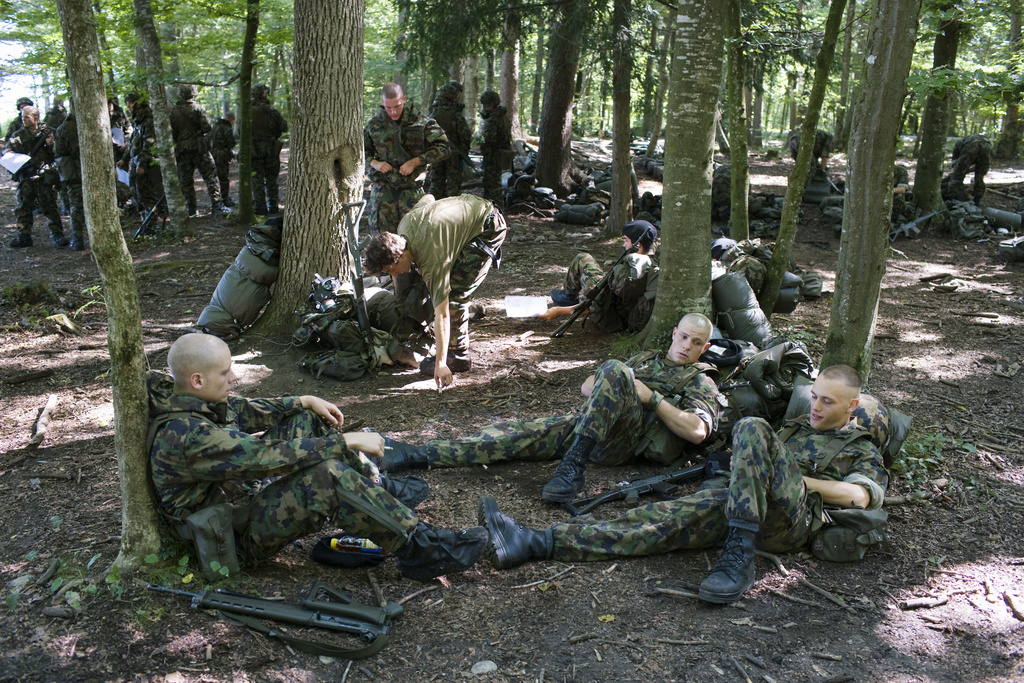
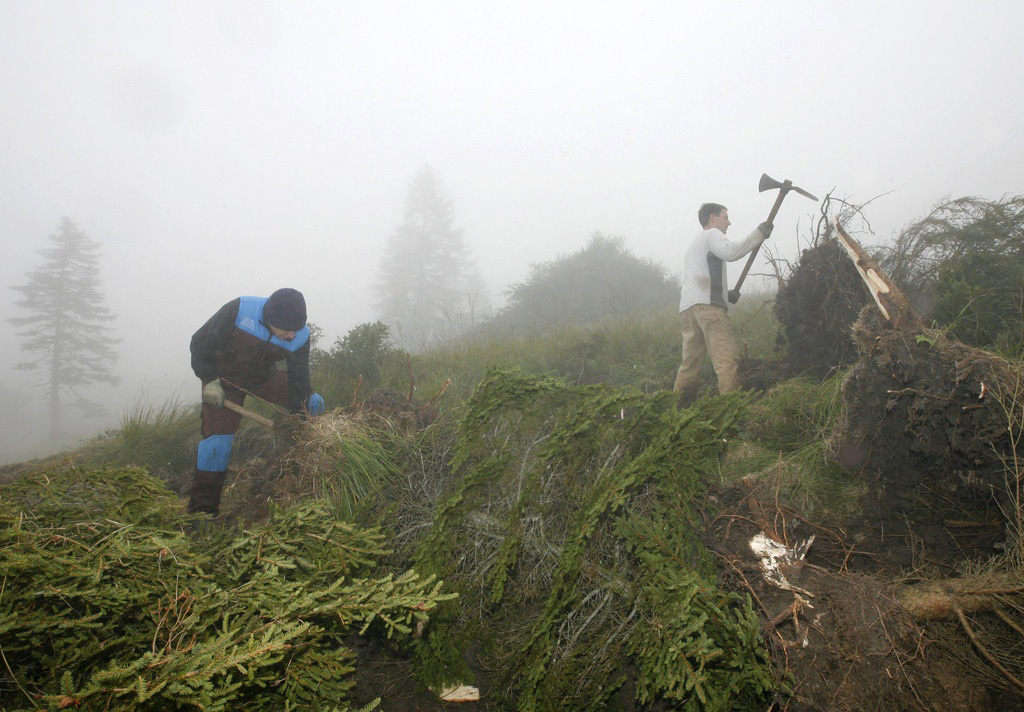
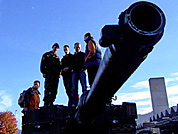
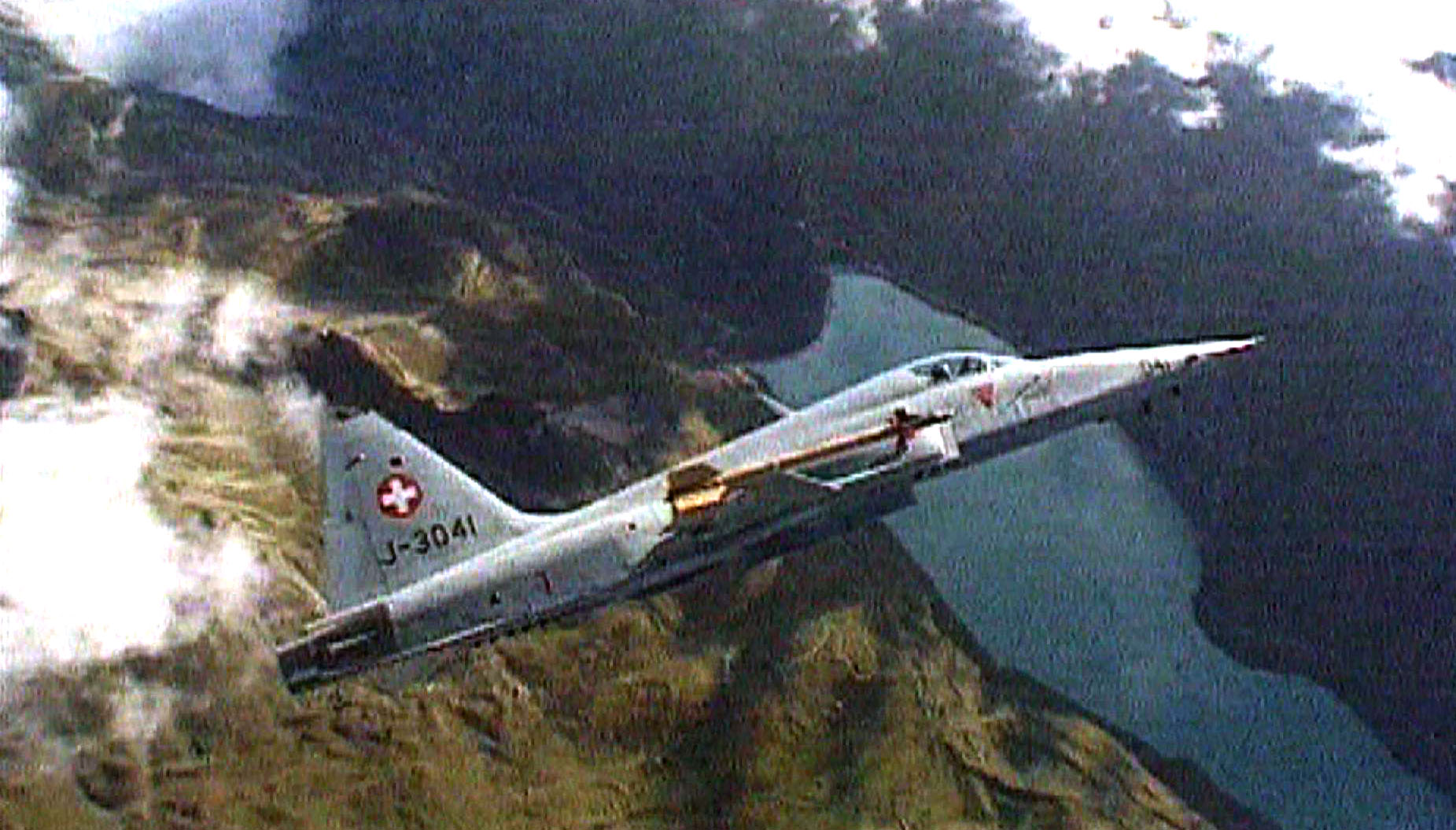
You can find an overview of ongoing debates with our journalists here . Please join us!
If you want to start a conversation about a topic raised in this article or want to report factual errors, email us at english@swissinfo.ch.